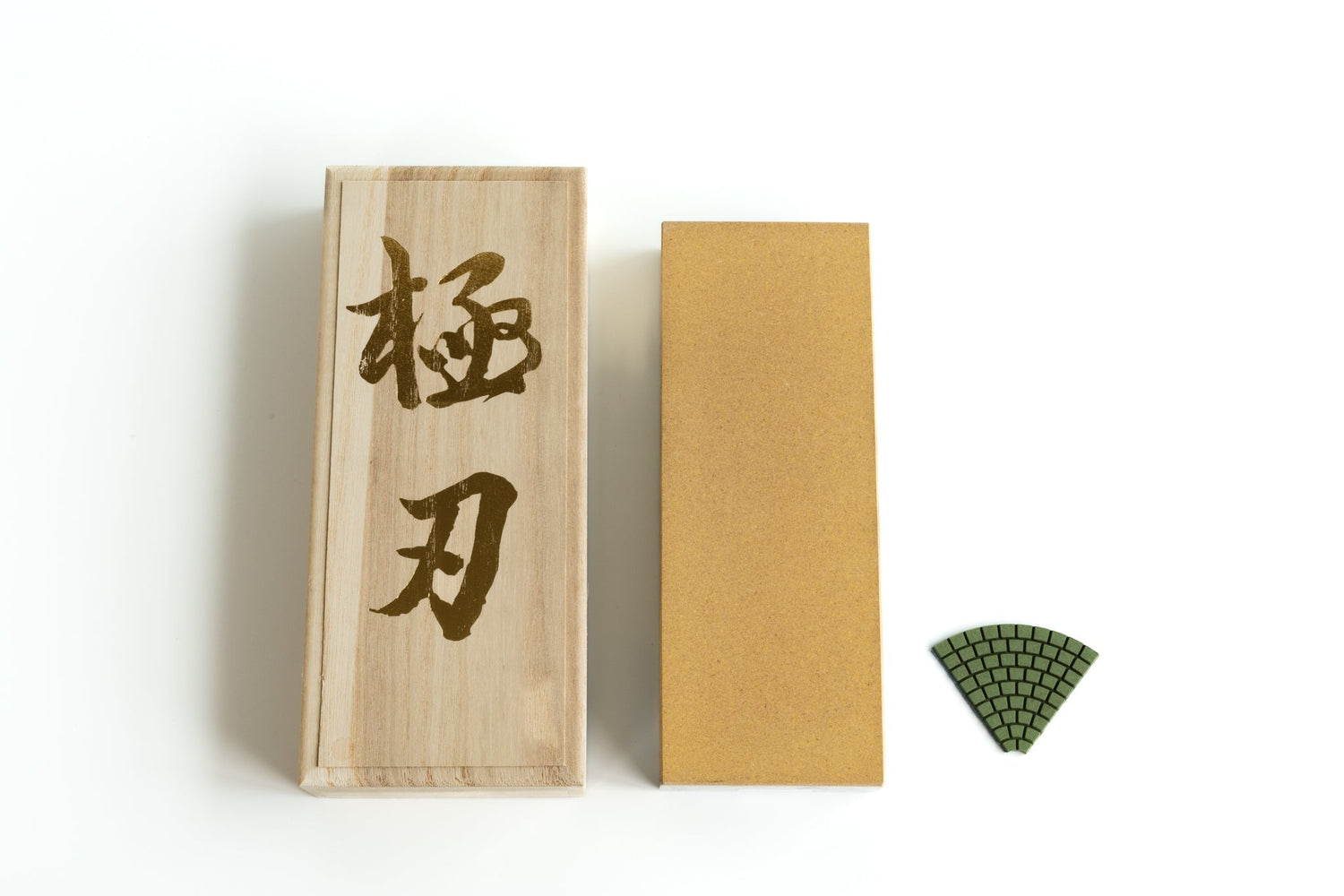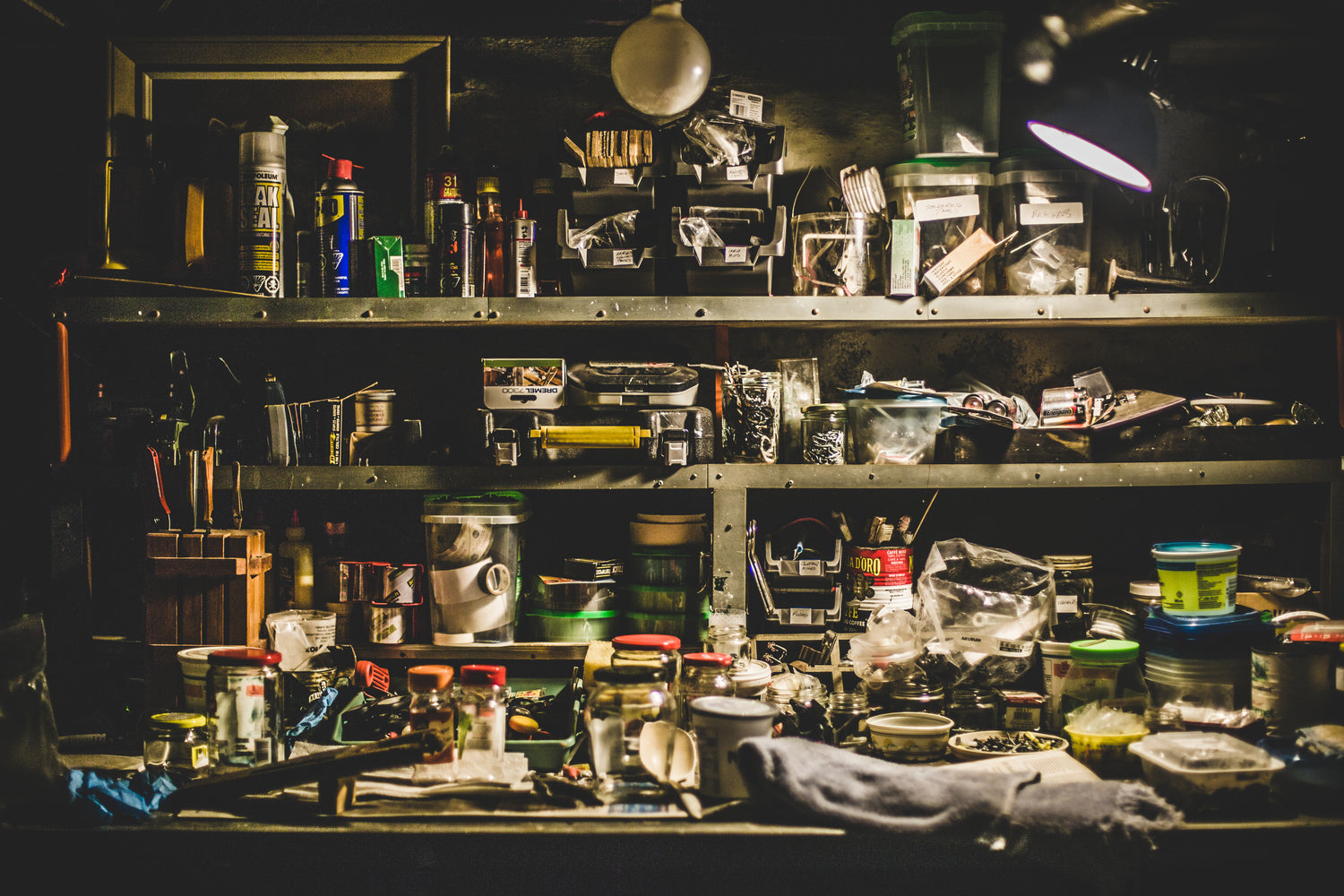SHARPENING STONE
-
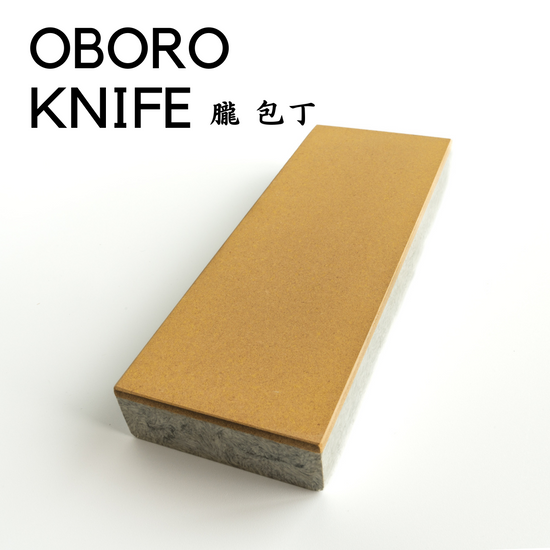
OBORO KNIFE
CHECKDesigned for rough sharpening of kitchen knives made from various types of carbon steel, including semi-stainless steel and traditional Japanese steels. The hardness and sharpness are the advantage of diamond stones can be maximized.
GRIT RANGE
200, 400, 800
-
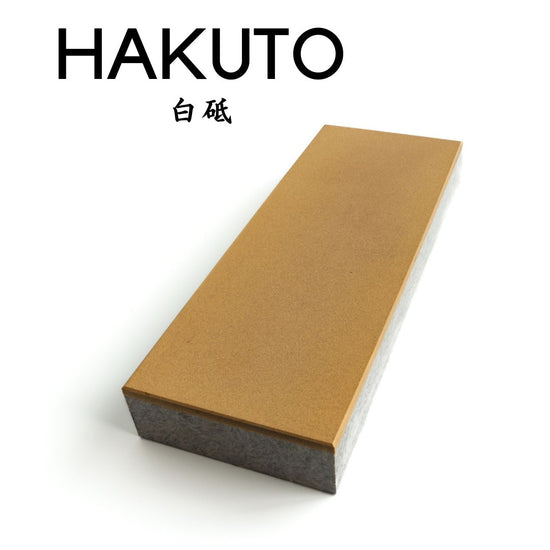
HAKUTO
CHECKThe HAKUTO series is suitable for rough sharpening of any steel EXCEPT Carbon steel, semi stainless steel. For Polishing over 1000 grit, the Hakuto series is the best choice, even if it is a transition from the Oboro series.
GRIT RANGE
200, 400, 800, 1500, 3000, 6000, 10000
-
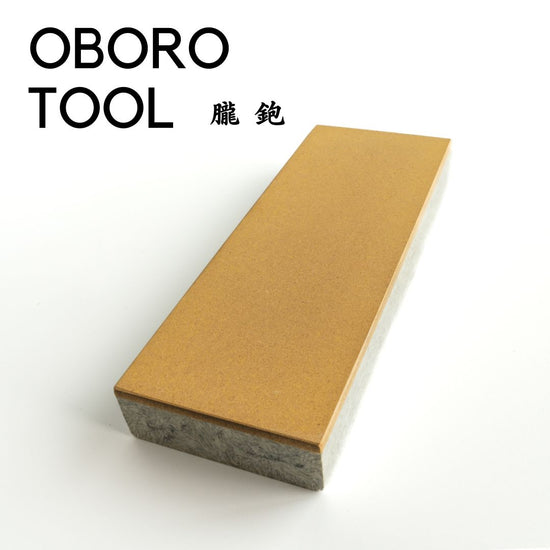
OBORO TOOL
CHECKOboro Tool as an alternative to Natural Stone. Best for Japanese single bevel tools (Kanna plane, Nomi Chisels etc)
GRIT RANGE
2,000, 4000, 6,000
OTHER STONES
-
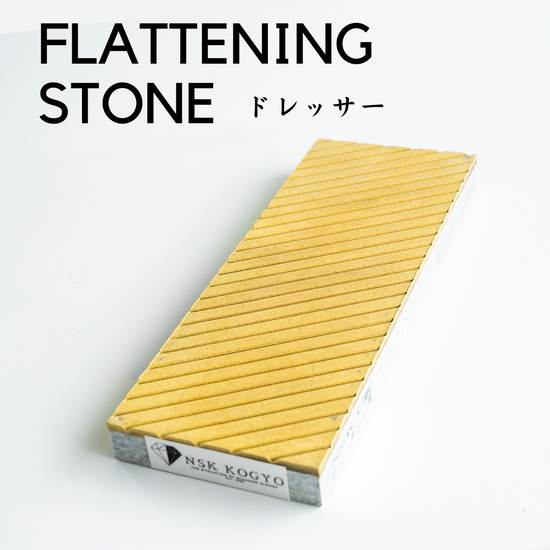
FLATTENING STONE
CHECKThis Flattening Stone is made to work with NSK Kogyo's stones, it helps to restore the sharpness of the grinding stone.
GRIT RANGE
200-6,000
-
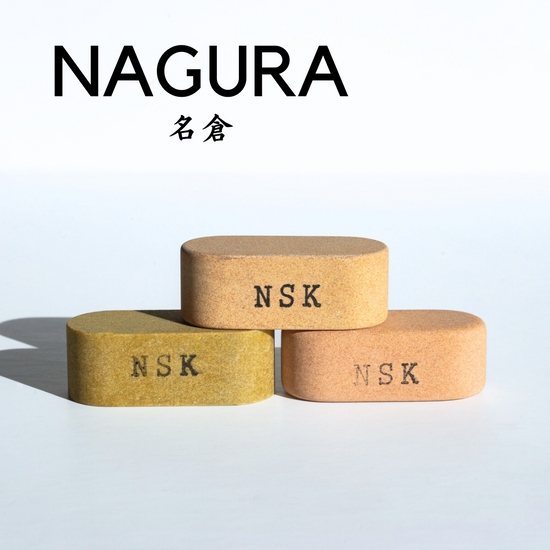
NAGURA
CHECKPieces to make mud to support sharpening/polishing, important for professional sharpener. Achieve precision with Nagura mud for fine grit polishing.
GRIT RANGE
400-12000
HOW TO USE DIAMOND STONE
SHARPENING 101 : THE BASIC
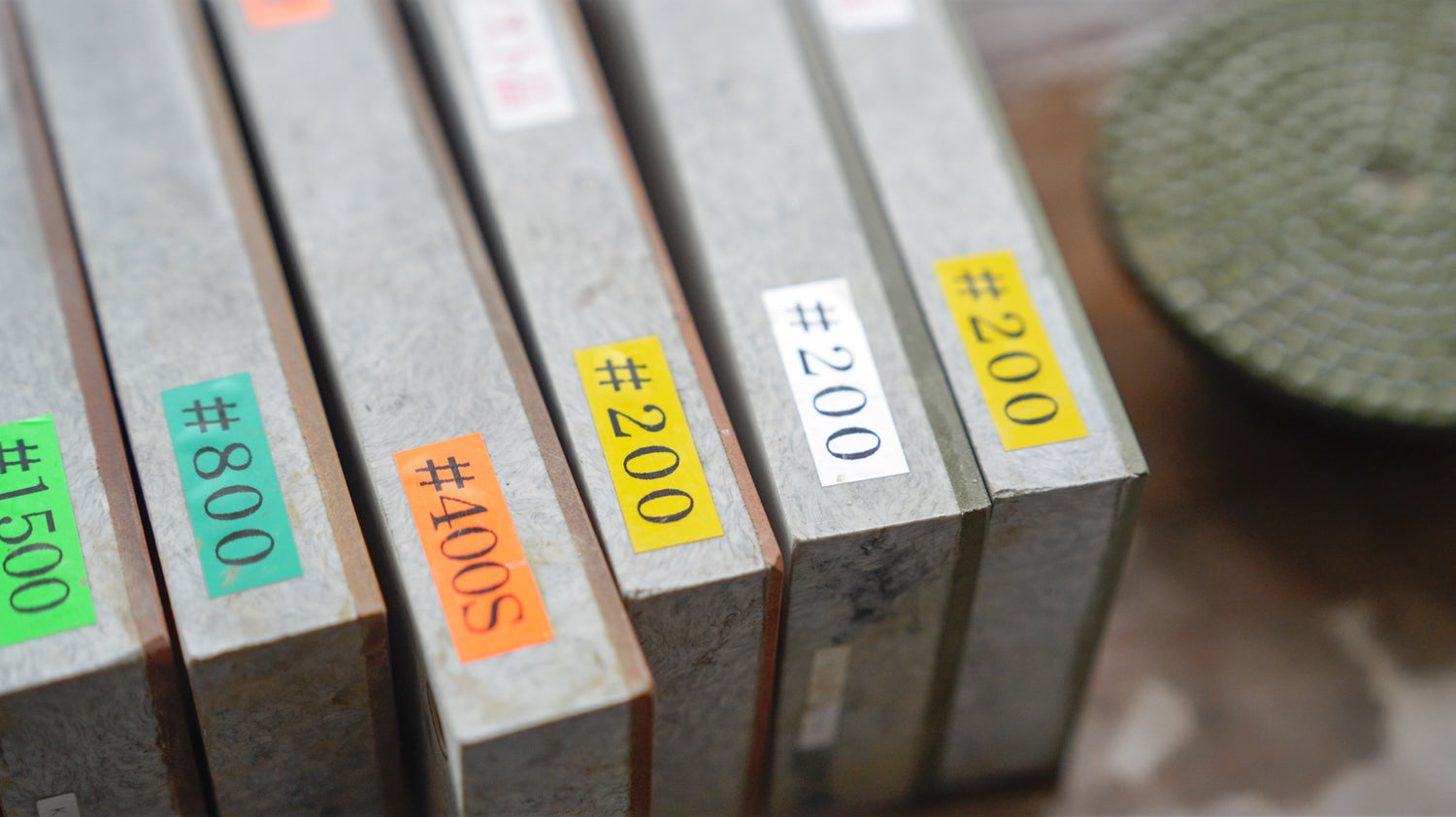
1, FIND YOUR BEST STONE FOR YOUR SHARPENING
The optimal sharpening stone varies depending on what tool you are sharpening and the type of steel it's made of. Whether it's for coarse sharpening to fix chips or fine sharpening to create a precise edge, you also need to determine the grit size. If you're unsure about how to choose a stone, please refer to the page below.
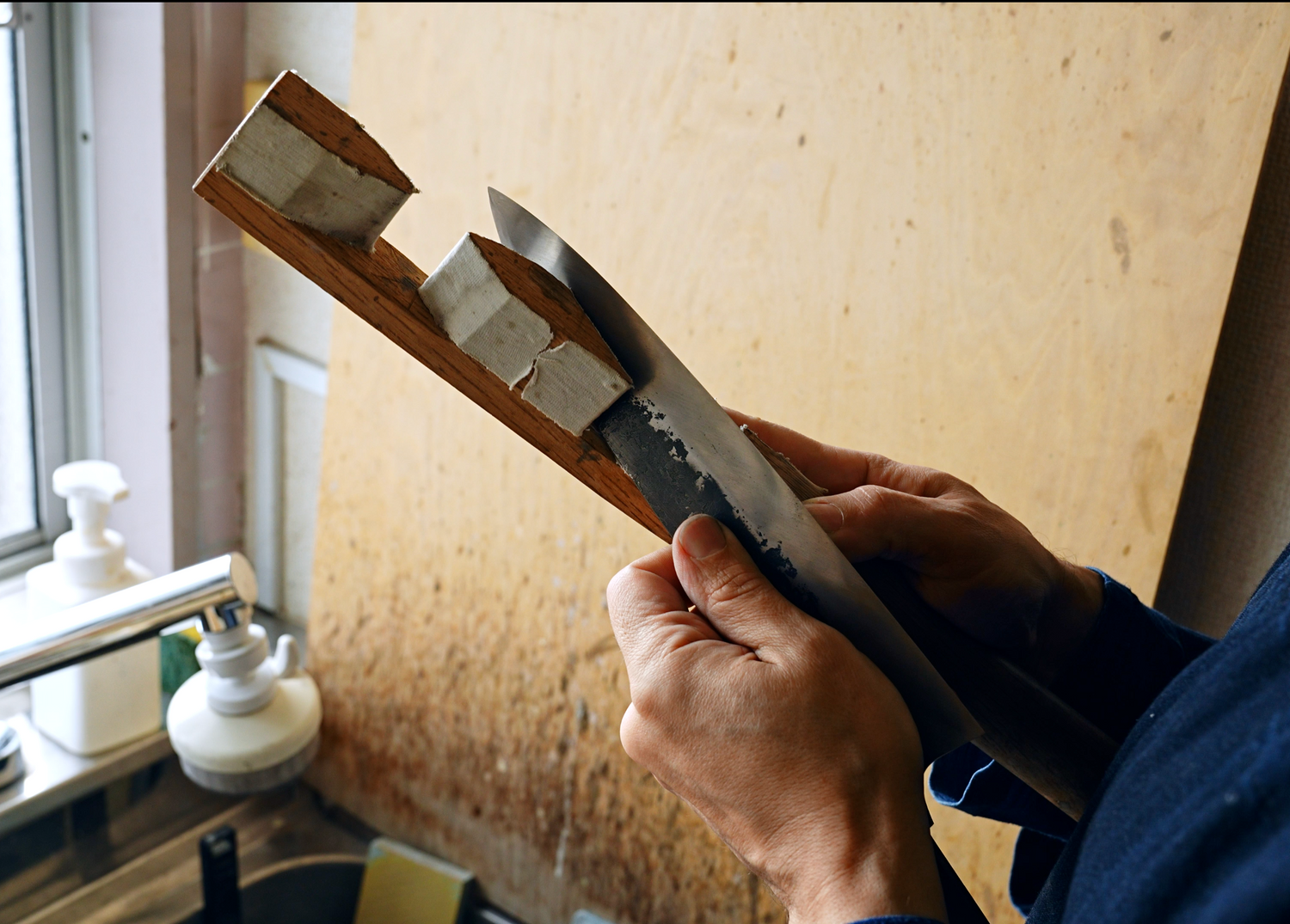
2, CORRECTS THE KITCHEN KNIFE TO BE STRAIGHT
Here, it should be noted that while explaining how to use the stones is important, it is essential to prepare the item for sharpening to fully unleash the potential of the stone's work. No matter how excellent your sharpening skills may be, trying to sharpen a knife that is already bent will pose difficulties in achieving an even edge. First, let's start by straightening the edge and spine.
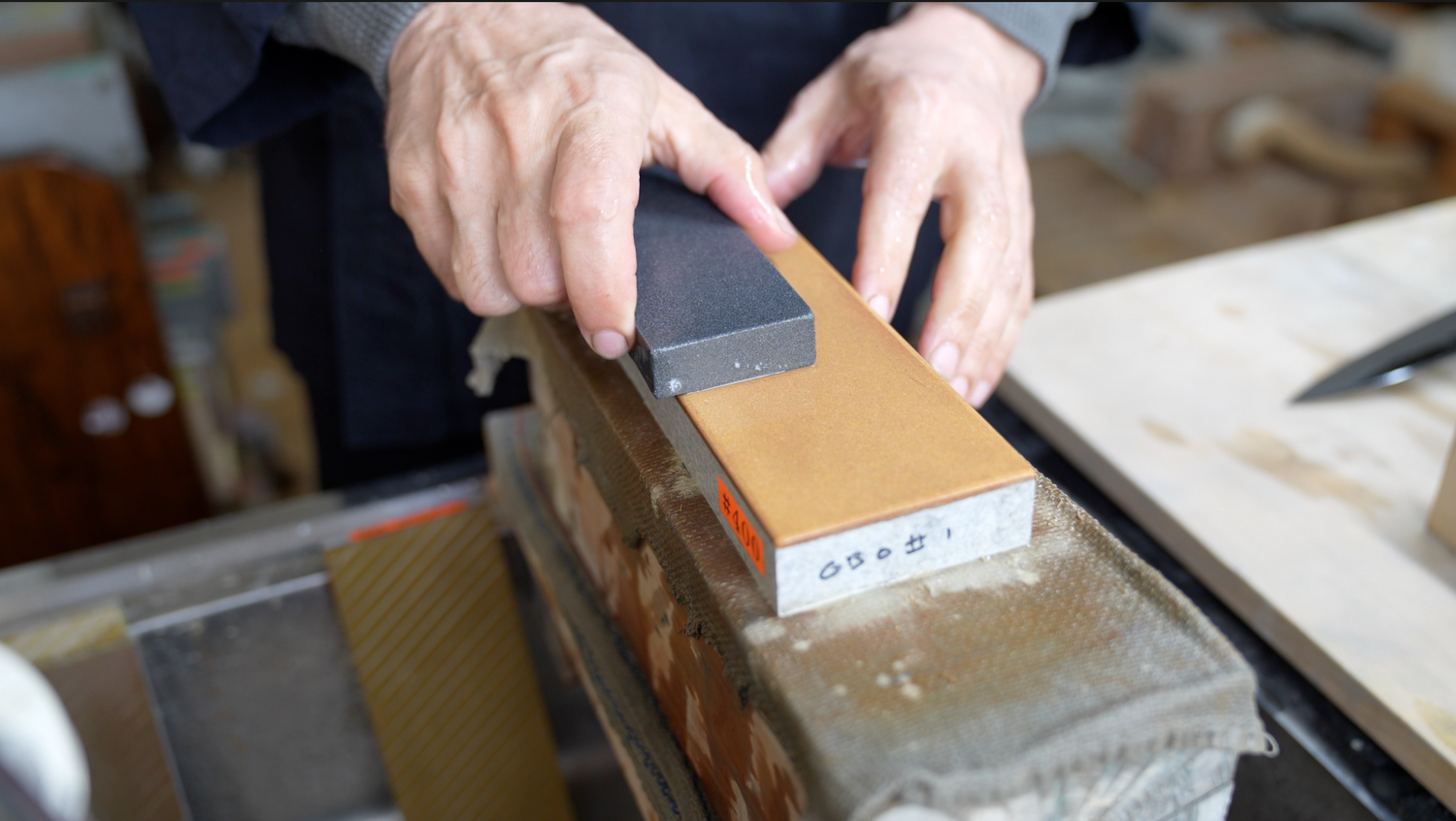
3, PREPARING THE STONE SURFACE
Before you begin sharpening, it's essential to flatten the sharpening stone surface. To flatten a Diamond Stone, we recommend using NSK Kogyo's Flattener. In fact, flattening by any other means would be quite challenging. In some cases, using a black #120 stone is also recommended. This helps refresh the surface when the sharpening stone becomes clogged.
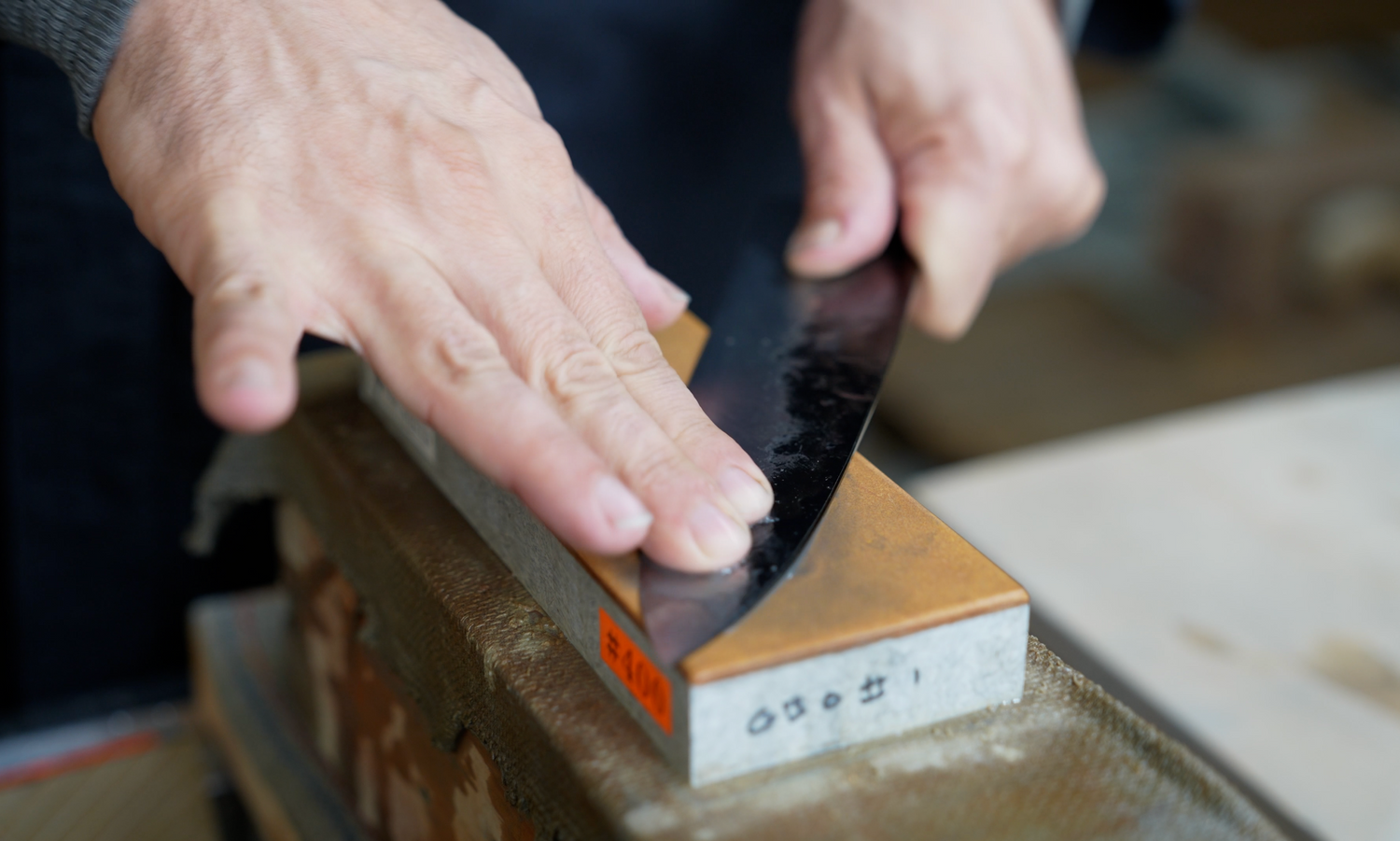
4, SHARPENING
Now that you've prepared everything, let's start sharpening! Instead of focusing on a single point of the stone, use the entire surface to sharpen. This allows you to use the stone efficiently and prolong its lifespan.
Don't forget to refresh the stone with clean water regularly. Occasionally, people may notice coarse scratches, which occur when particles from the previous coarser stone get mixed in.
With NSK Kogyo stones, as you sharpen, particles detach from the stone, becoming finer and exhibiting excellent sharpening power. If you notice a decrease in sharpness, use a #120 block to clear any clogs.
CHECK THE VIDEO FOR USAGE INSTRUCTIONS
WOULD YOU LIKE TO LEAN MORE ABOUT NSK KOGYO?

